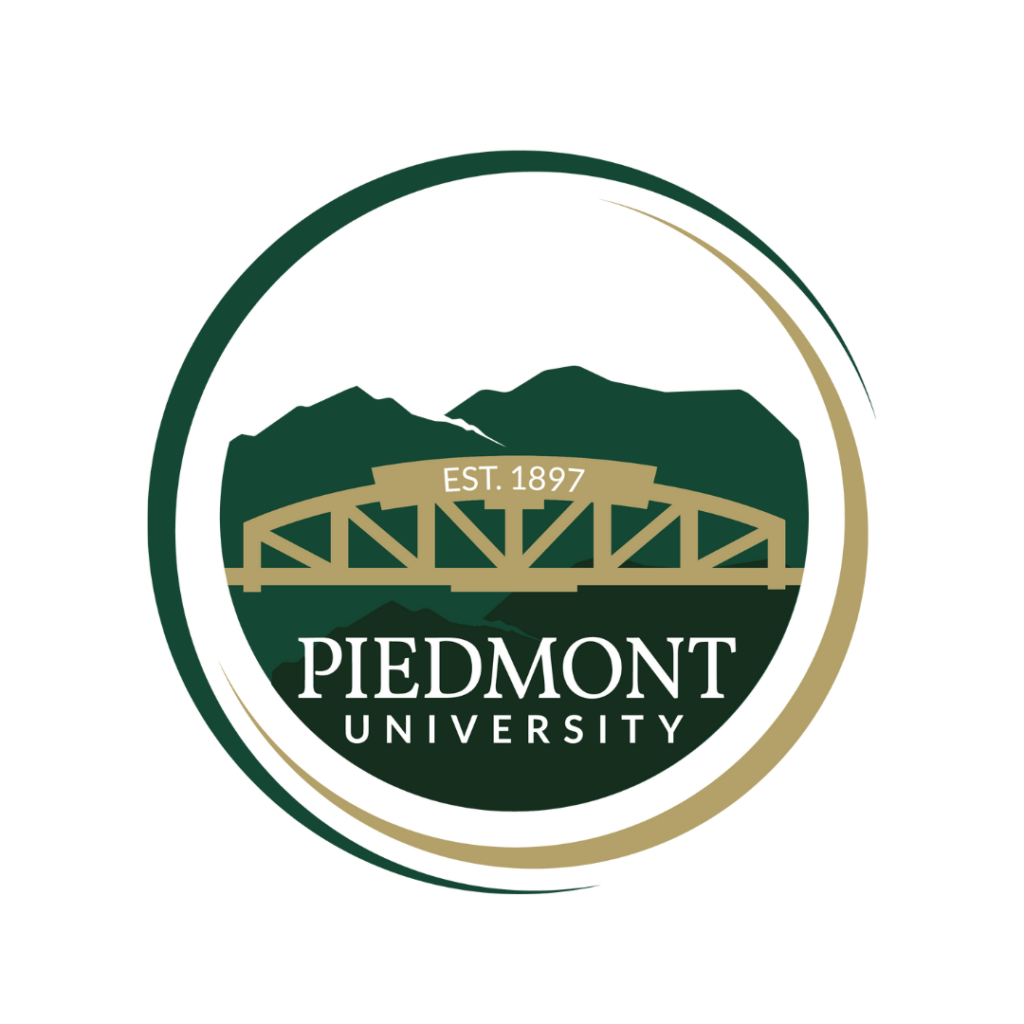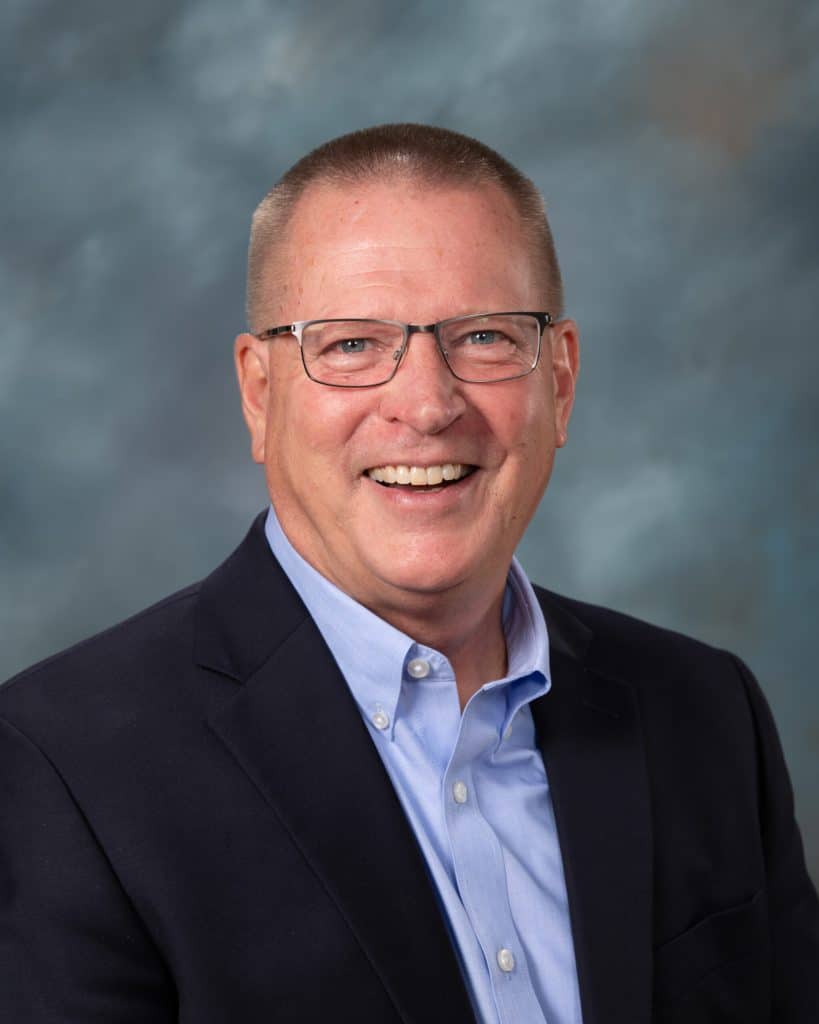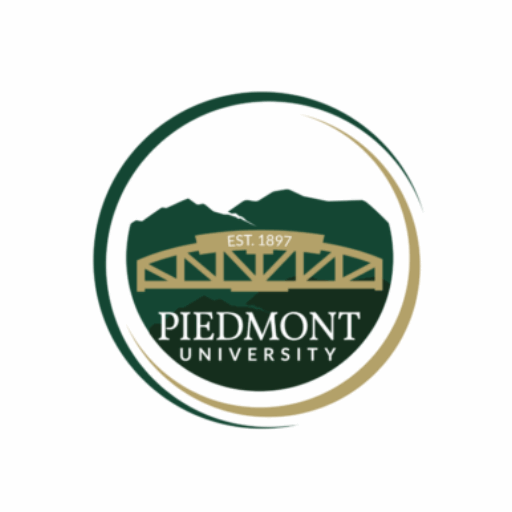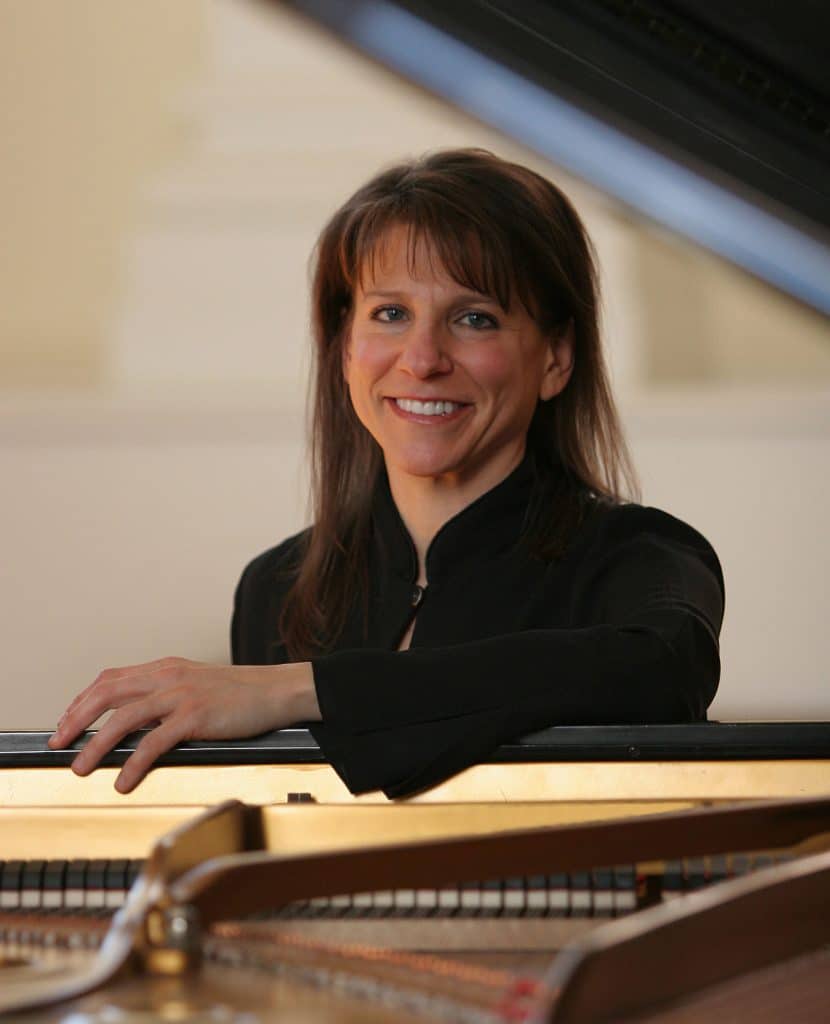Music
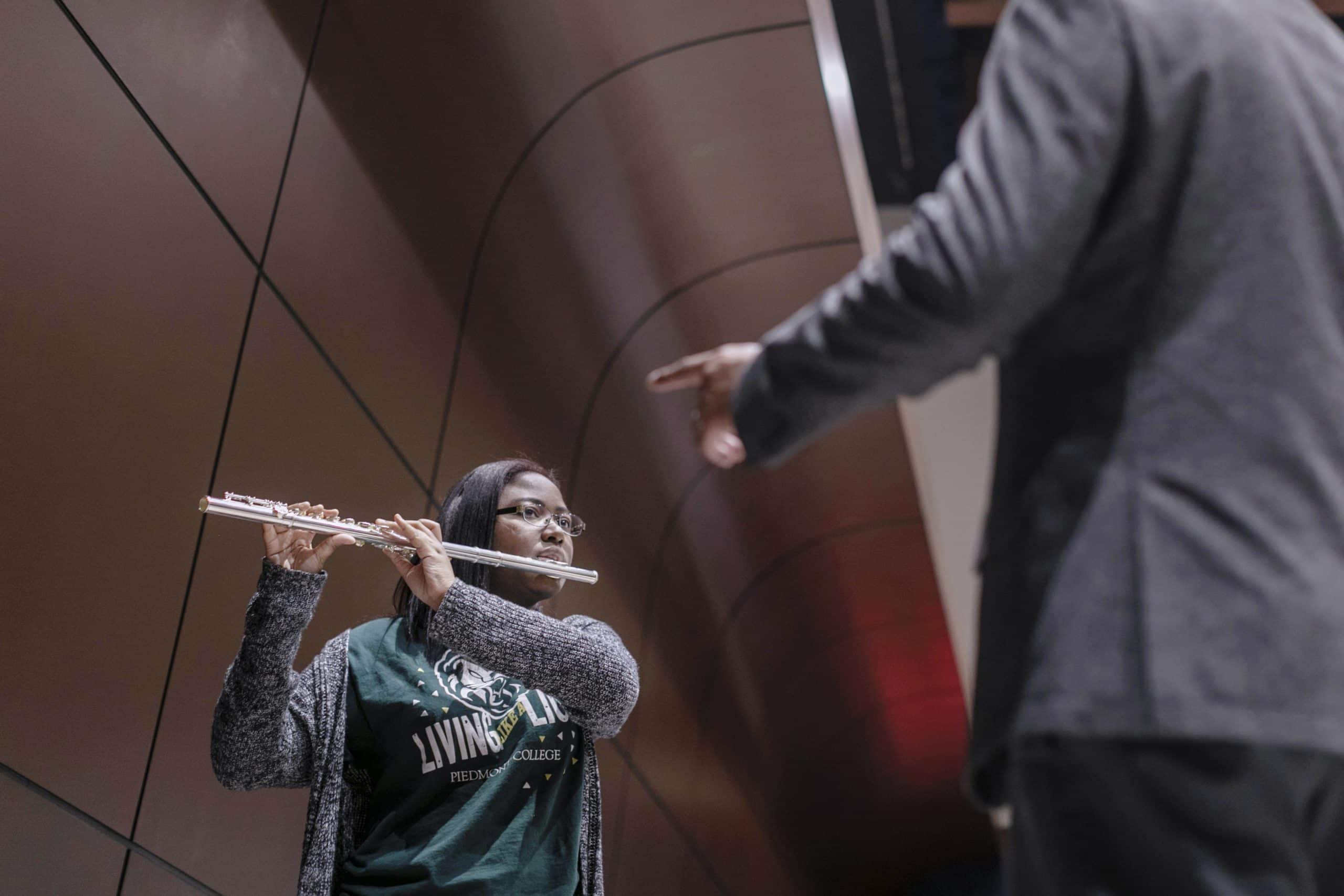
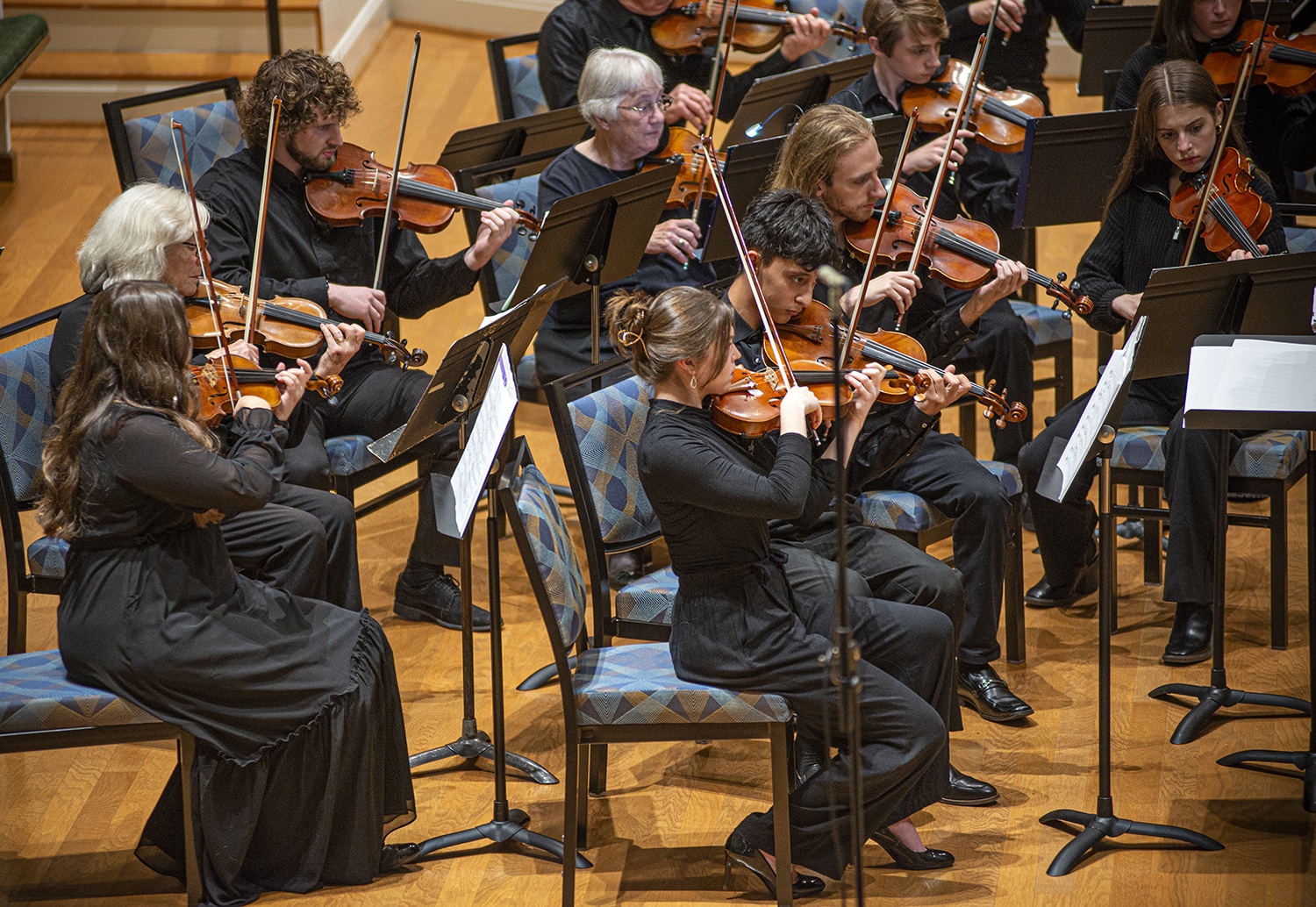
Why Pursue Music?
What is music if not inspiration? Like all art, music can be life-altering and life affirming. Piedmont University knows and honors this understanding like few other schools. Music is at our heart. In fact, students from all disciplines across campus participate in music academic programs and ensembles.
At Piedmont, you will engage in high levels of performance as both artist and audience member. You will also receive hands-on and practical learning experiences including use of Piedmont’s 27 Steinway pianos (making Piedmont one of the elite institutions designated as an All-Steinway School). In addition, our $10.1 million Conservatory of Music provides one of the finest music-instruction facilities in the state. So, whether you pursue music performance, music education, or musical theater, at Piedmont you will have access to the best facilities, instruments, and instruction.
You will work with our world class faculty, preparing you for a wide range of roles as a music professional. Our smaller class sizes give you more personalized instruction and support in your learning.
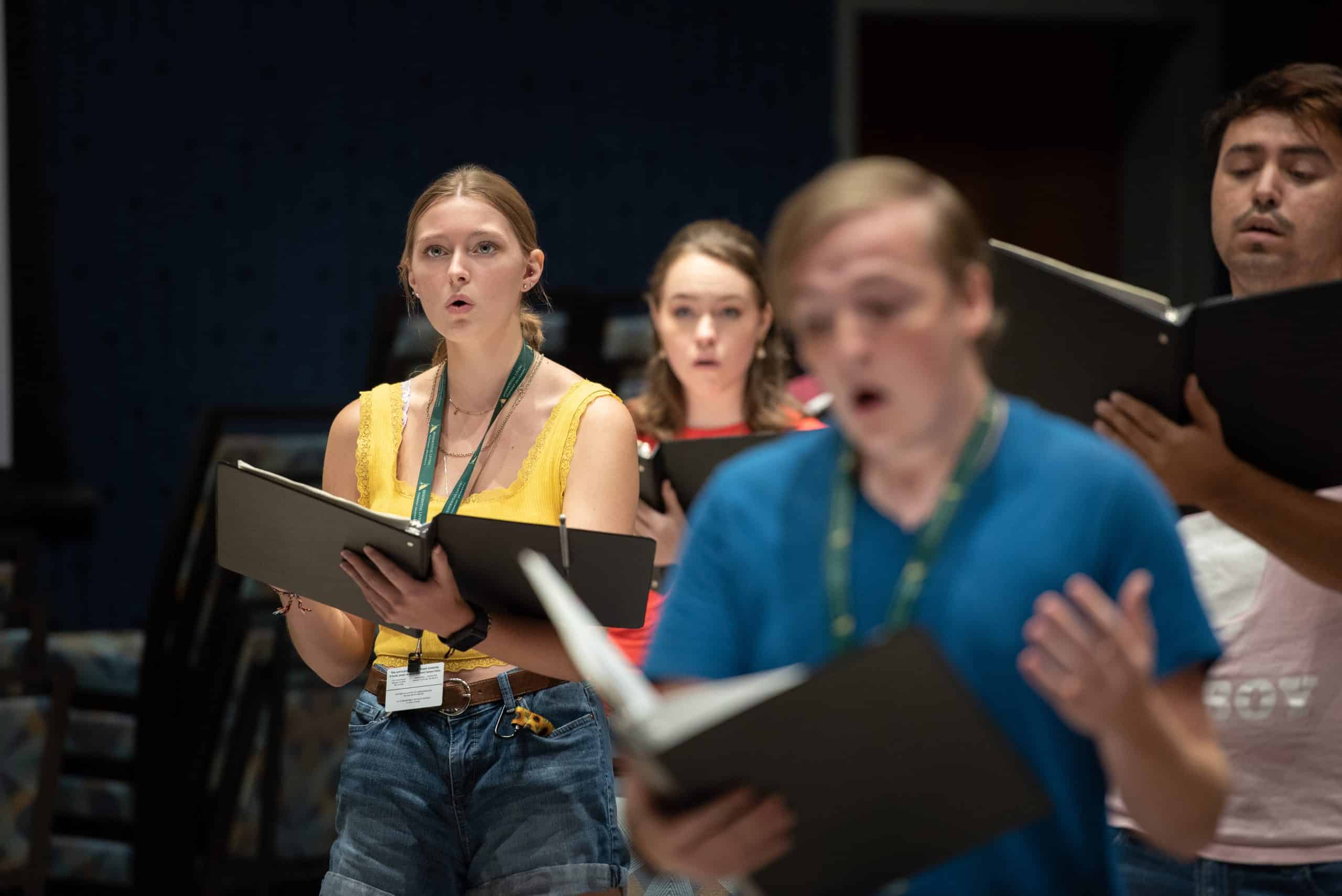

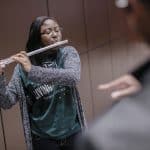
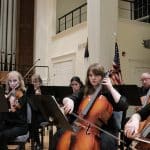
How a Piedmont Music Degree Helps You
A music degree offers students a well-rounded education in performance, theory, and history, while developing essential skills in creativity, discipline, and communication. Through expert instruction, hands-on experience, and exposure to diverse musical styles, students gain the knowledge and proficiency needed for success in both artistic and professional settings.
At Piedmont you will:
- Learn from outstanding faculty, each of whom possess a wealth of professional experience.
- Benefit from our state-of-the-art facilities and instruments – including 27 Steinway pianos.
- Become familiar with a wide range of musical approaches and styles.
- Get one-on-one training to increase your proficiency.
- Learn about all aspects of music performance
Career Opportunities
A music degree from Piedmont opens doors to a wide range of professional pursuits. For instance, our graduates have gone on to build successful careers in:
A Music degree provides essential training in theory, performance, and teaching methods, preparing students to teach a wide range of musical styles and techniques. It develops communication, leadership, and instructional skills necessary for effective teaching in schools, private studios, and community programs.
A degree in Music provides the performance skills, teaching techniques, and musical knowledge needed to work effectively in private studio settings. It prepares students to give personalized instruction, adapt to different learning styles, and help students develop both technical ability and musical expression.
A music degree develops advanced performance skills, stage experience, and a deep understanding of musical styles and interpretation. It prepares students for careers as soloists, ensemble members, and collaborative artists in a variety of professional settings.
Formal training in score study, ensemble leadership, and rehearsal techniques builds a strong foundation in theory, performance, and musical interpretation. This preparation equips individuals to lead and communicate effectively with ensembles in professional conducting settings.
Training in performance, vocal technique, and musical theory provides the skills needed to excel in the demanding world of musical theatre. It prepares individuals to perform, interpret, and collaborate on stage, blending acting, singing, and dancing in live productions.
In-depth study of music theory, composition techniques, and various musical styles equips individuals with the skills to create original compositions. This training enhances creativity, technical proficiency, and the ability to write for a variety of ensembles and media.
More About Music
Learn more about Music and the variety of options available to you as a Piedmont student.
Piedmont music performance undergraduate majors must complete 120 total credit hours to graduate. As part of the curriculum, students take part in ensembles, and both attend and perform in recitals, including performing a senior recital on their primary instrument.
Few academic institutions prepare you for a career in music like Piedmont. Our music faculty mentor our students as they navigate their future pursuits. Upon graduation, Piedmont alumni begin their careers as music educators and professional musicians, or continue their education at graduate music programs across the country.
Piedmont University’s $10.1 million Conservatory of Music offers an unparalleled opportunity for music students. This new facility includes a concert hall with adjustable acoustics, acoustically isolated teaching studios, practice rooms, and a digital music suite. Our students experience music like never before and learn in an environment that is second to none. The facility also houses 27 Steinway pianos; a nod to our designation as an All-Steinway School.
Related Programs
Intrigued by music? You might also be interested in one of these programs:
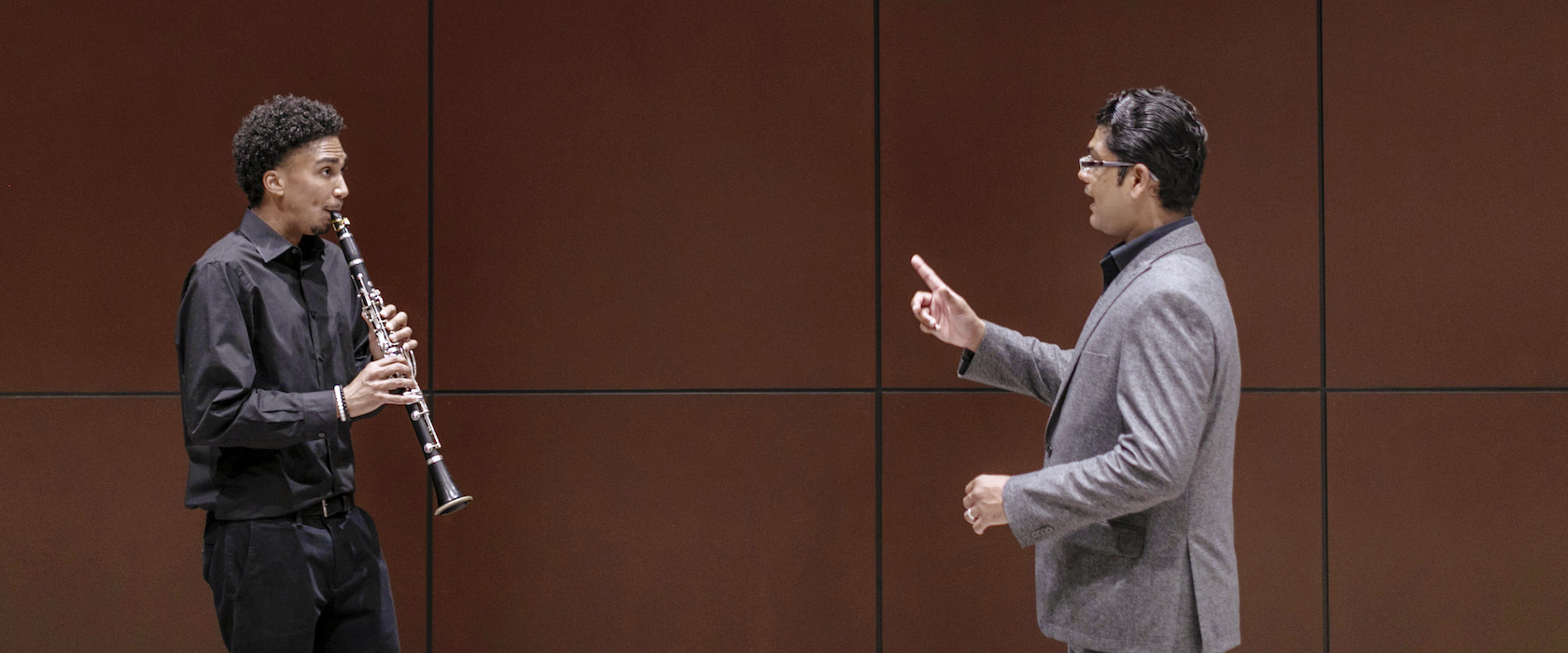


Where do I start?
To begin your journey toward becoming a Music undergrad student at Piedmont University, you can start by applying today! Or, schedule a campus visit and meet with admissions and financial aid advisors, as well as faculty members in music.

